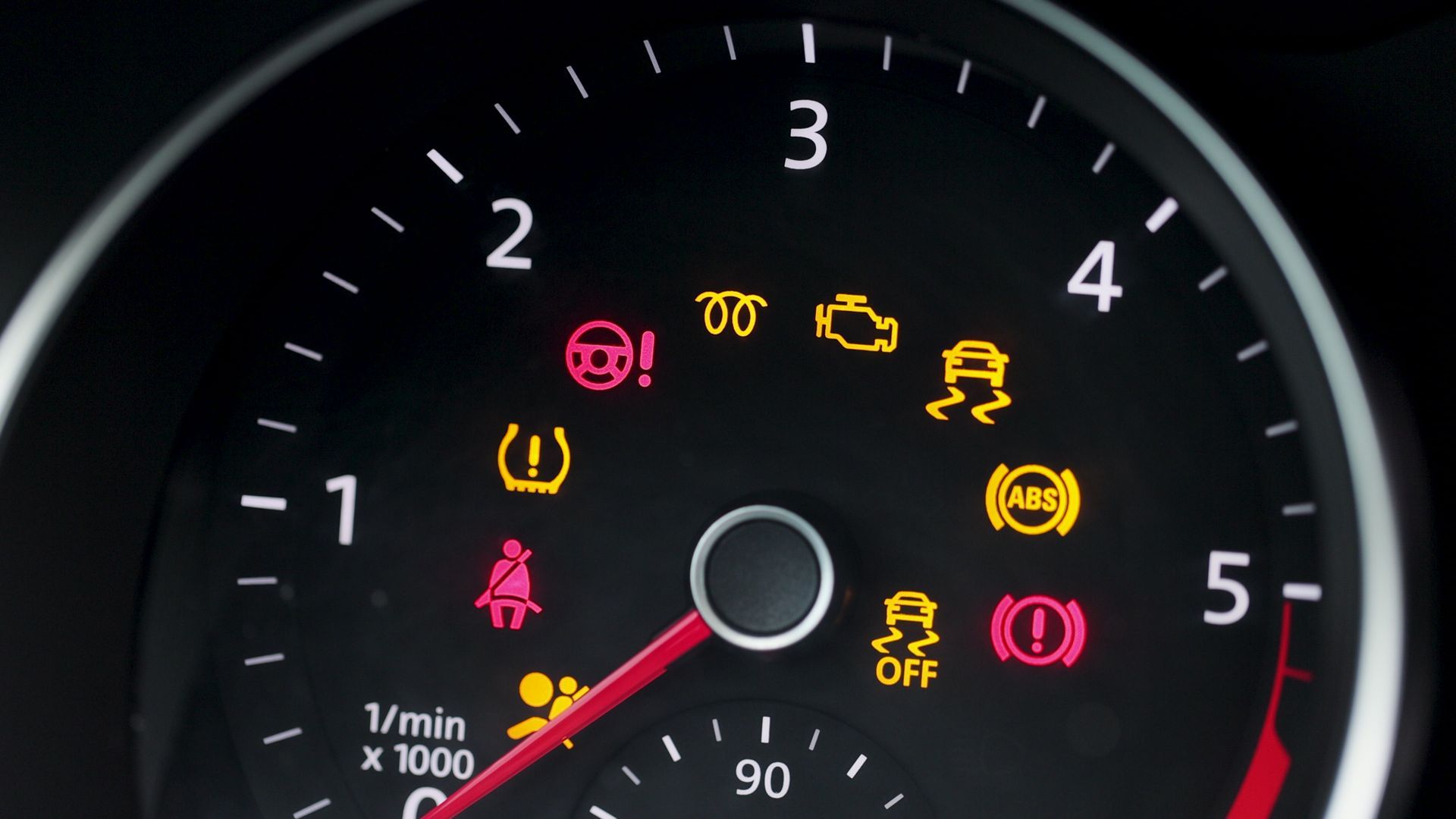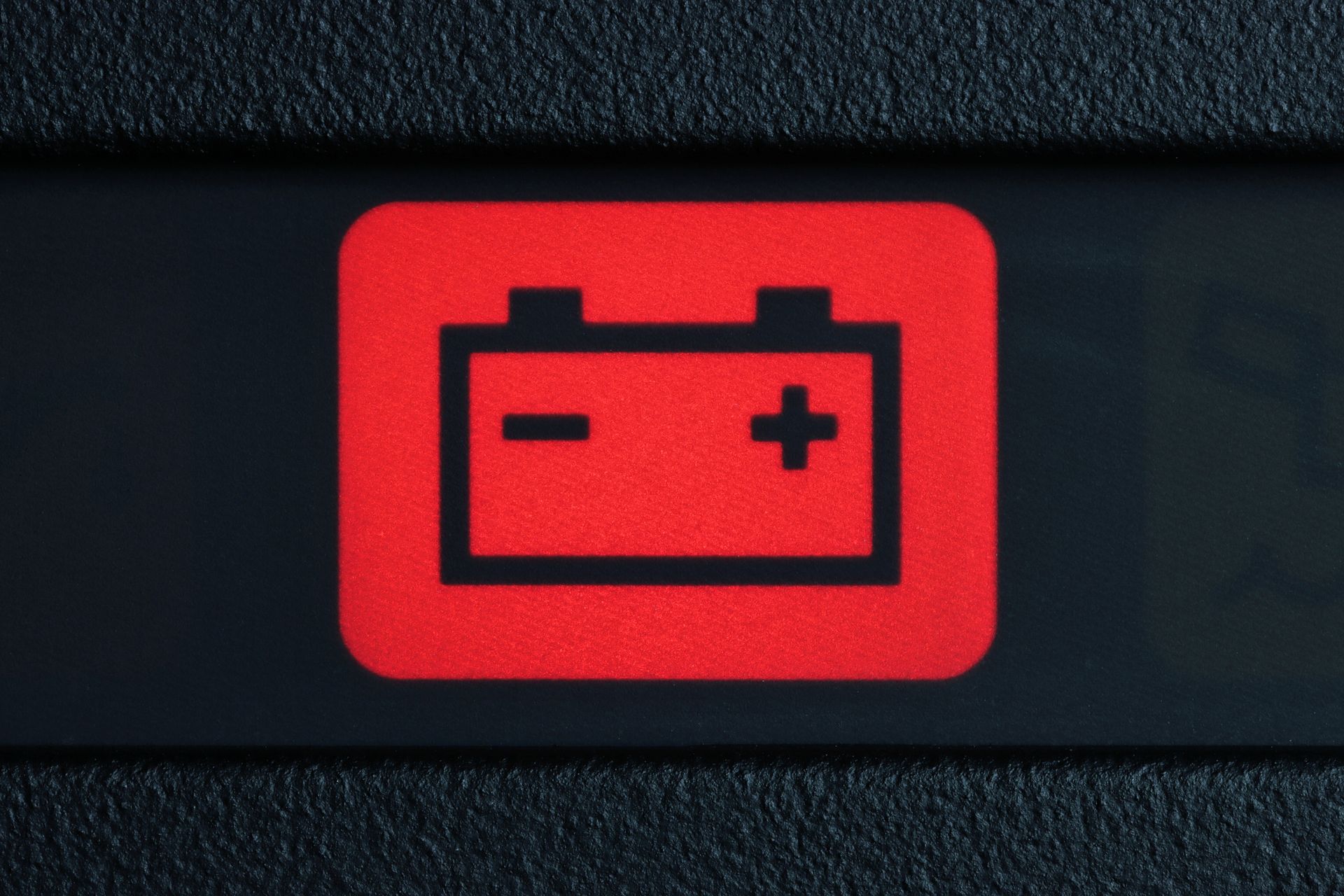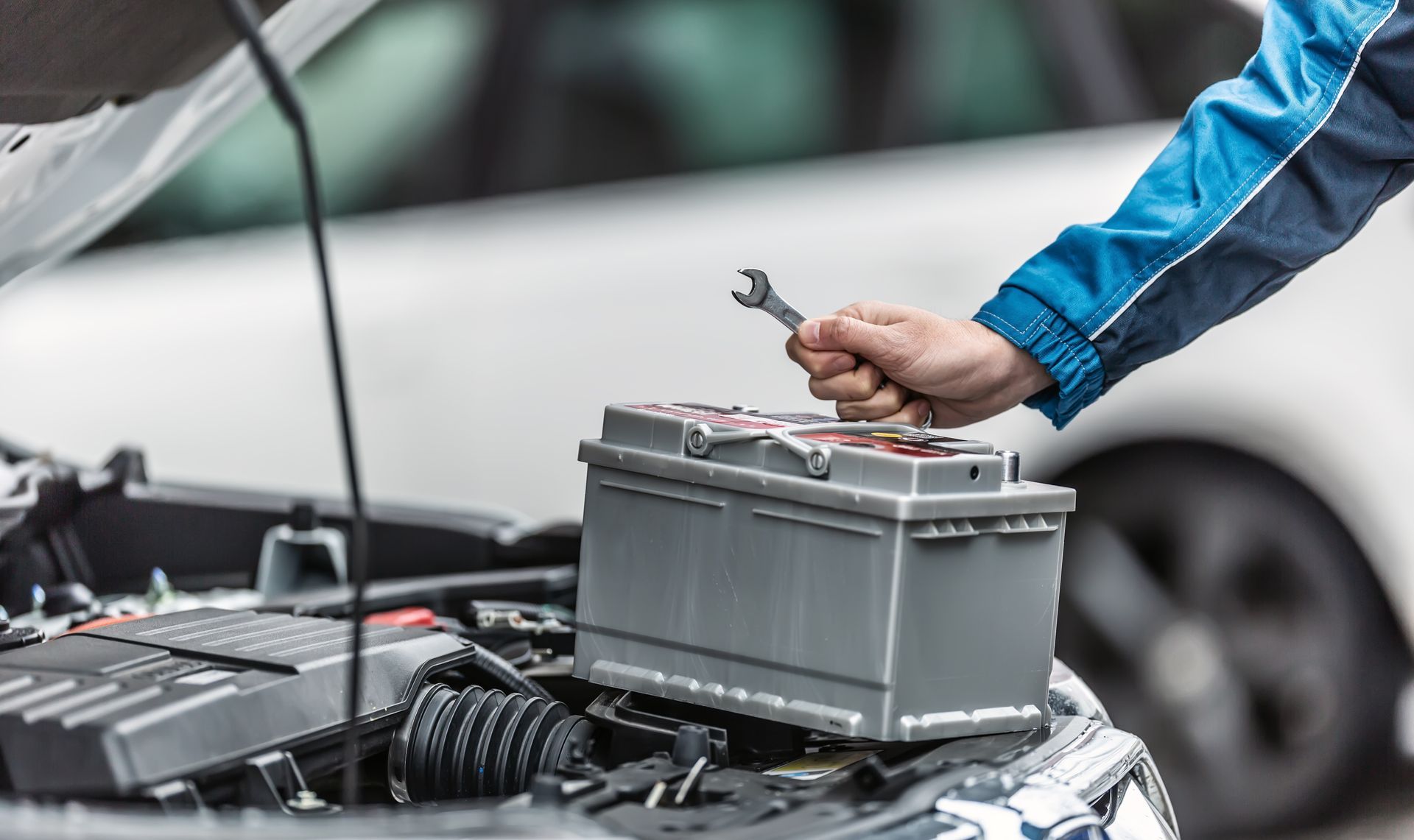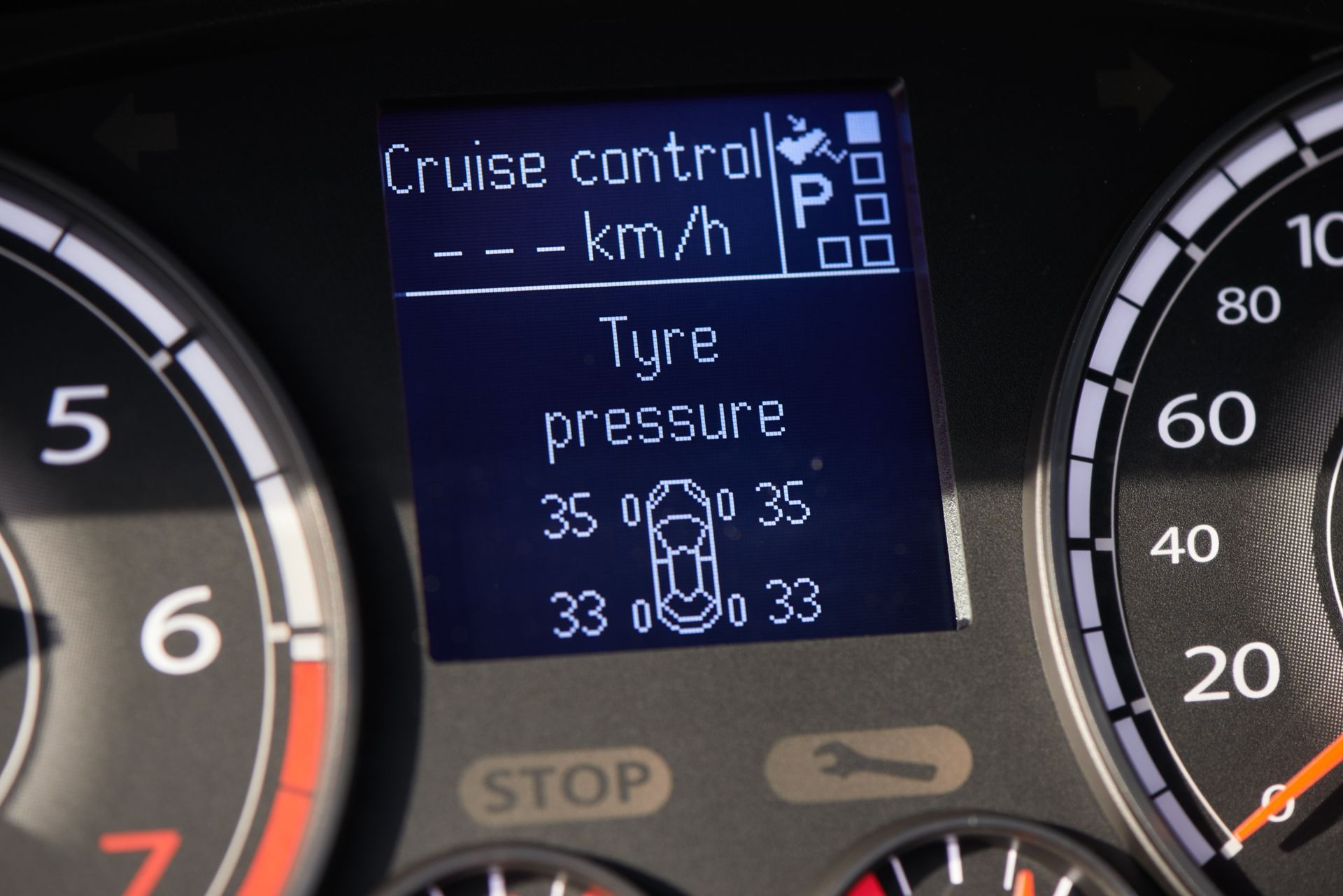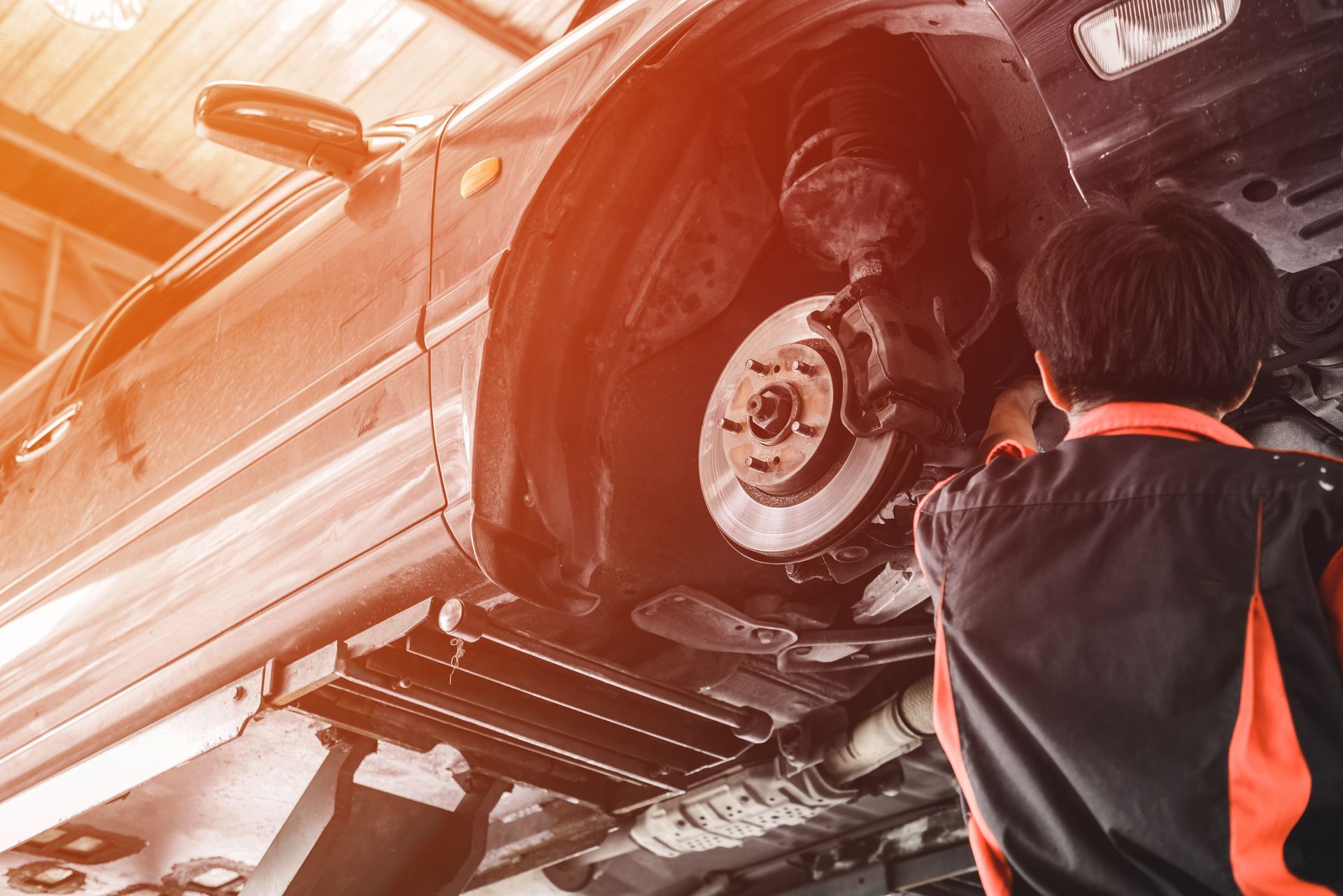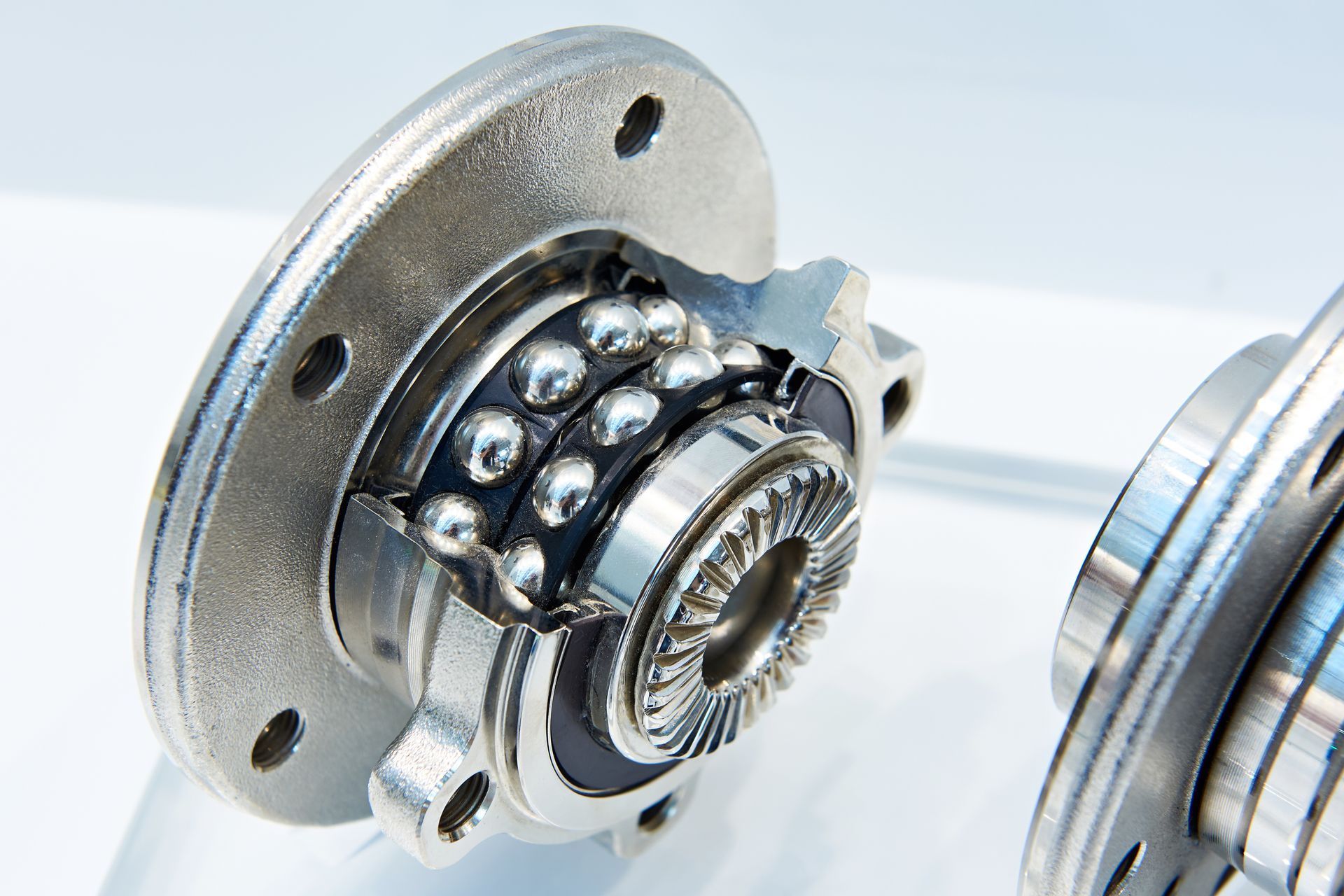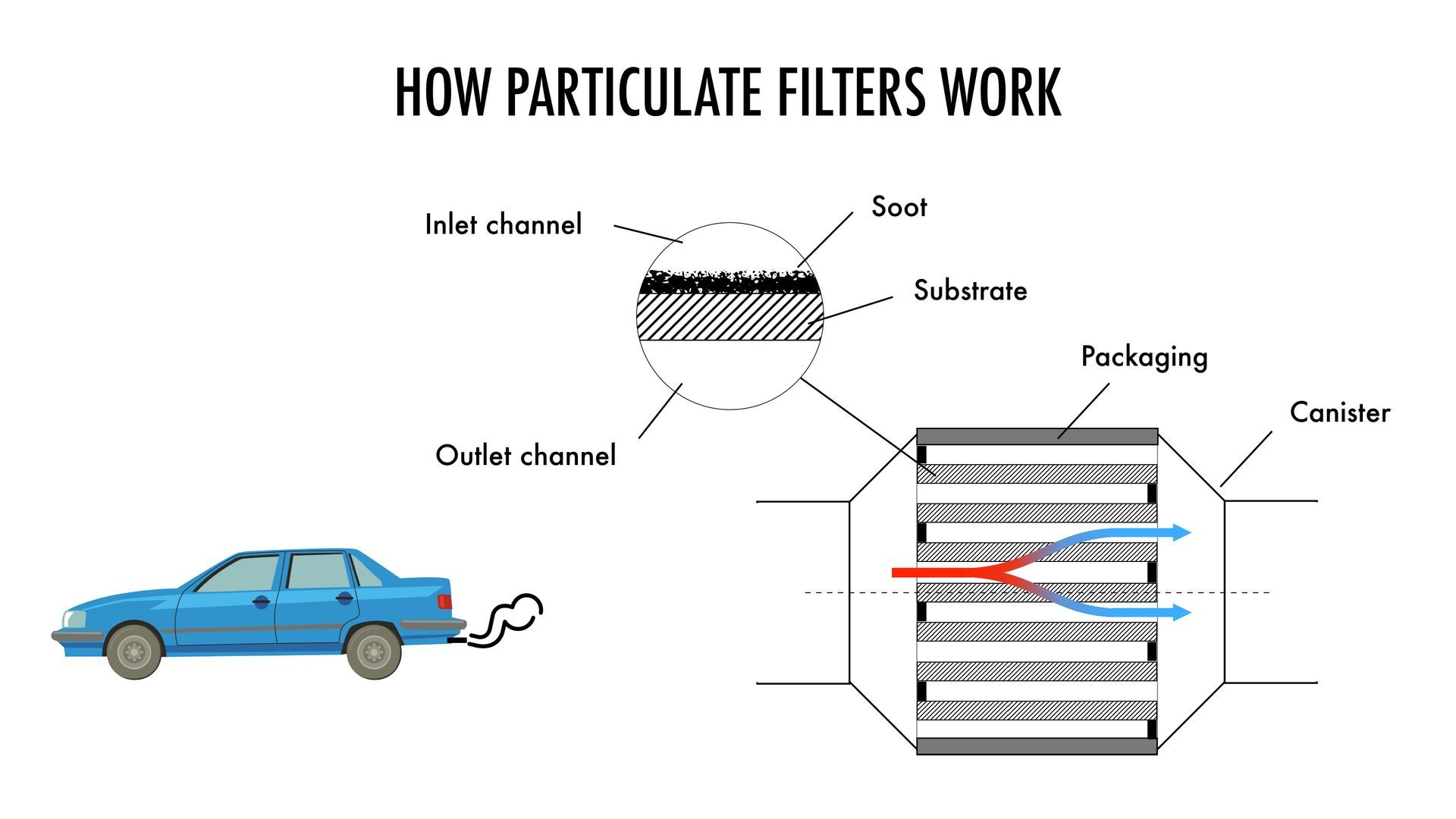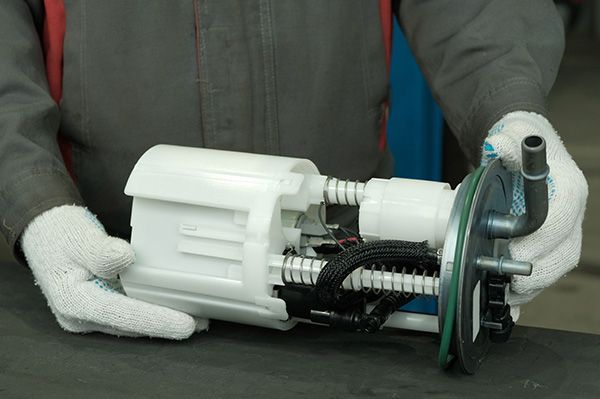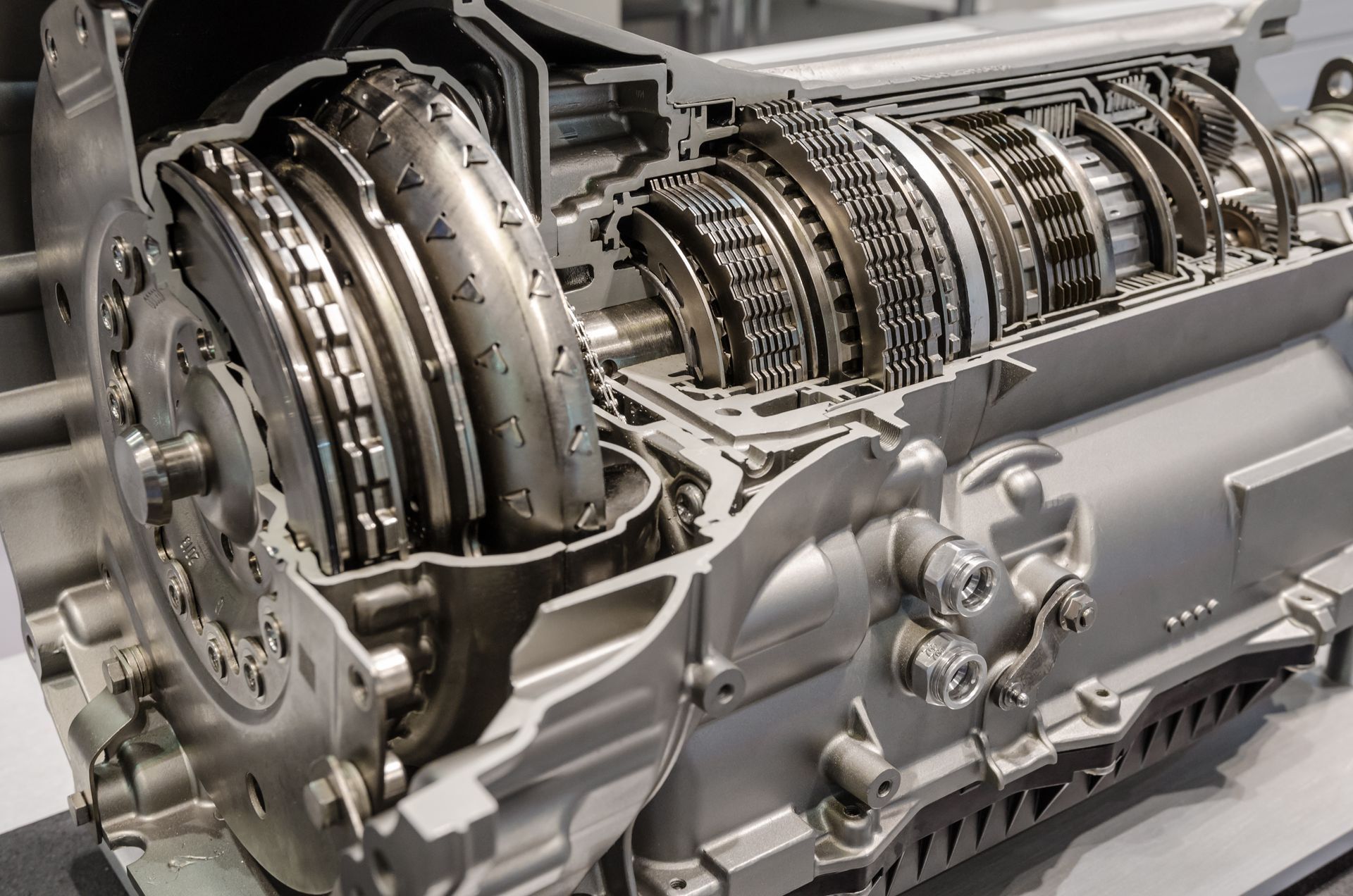With fuel prices climbing and sustainability becoming a priority, some diesel owners are looking for alternative fuels—like vegetable oil and biofuels. It’s not a new idea; in fact, the original diesel engine was designed to run on peanut oil. Today, some people claim you can pour used cooking oil straight into your fuel tank and drive away. But is it really that simple? Can modern diesel engines handle vegetable oil, or does it come with serious risks?
Before you consider making the switch, it’s important to understand how vegetable oil works as a fuel, what modifications might be necessary, and whether it’s a practical long-term solution.
Can Diesel Engines Run on Vegetable Oil
Yes, technically, a diesel engine can run on vegetable oil, but it’s not as simple as pouring oil from your kitchen into the fuel tank. While vegetable oil shares some similarities with diesel fuel, its viscosity, combustion properties, and impact on engine components make it less than ideal as a direct substitute.
Raw vegetable oil is much thicker and less refined than diesel, which can lead to fuel system clogs, inefficient combustion, and long-term engine damage. That’s why most modern vehicles require modifications before they can safely run on vegetable oil.
How Does Vegetable Oil Compare to Diesel Fuel
Diesel fuel is specifically formulated for optimal combustion, lubrication, and cold-weather performance. Compared to diesel, vegetable oil has:
- Higher viscosity – It’s thicker, which makes it harder to flow through injectors and fuel lines.
- Lower volatility – It doesn’t ignite as easily, requiring higher temperatures for proper combustion.
- Potential for carbon buildup – Raw vegetable oil burns less cleanly, which can lead to engine deposits and long-term damage.
Because of these differences, running a diesel engine on vegetable oil without modifications can cause clogged injectors, inefficient fuel atomization, and possible engine failure over time.
Can You Convert a Diesel Engine to Run on Vegetable Oil
Yes, with the right modifications, a diesel engine can safely burn vegetable oil. Common conversions include:
- Installing a heated fuel system – Since vegetable oil thickens in colder temperatures, a fuel pre-heating system is necessary to reduce viscosity before it reaches the injectors.
- Upgrading fuel injectors and pumps – Some factory fuel systems can’t handle the thickness of vegetable oil, leading to premature wear.
- Adding a secondary fuel tank – Many conversions involve a two-tank system where the vehicle starts on diesel and switches to vegetable oil once the engine is warm.
Without these modifications, long-term engine damage is likely, especially in common rail diesel systems, which rely on precise fuel atomization.
The Difference Between Vegetable Oil and Biodiesel
Many people confuse vegetable oil with biodiesel, but they are not the same. Biodiesel is processed vegetable oil that has undergone a chemical reaction called transesterification, which removes glycerin and reduces viscosity. This makes biodiesel a much more stable and safer fuel for diesel engines.
Unlike raw vegetable oil, biodiesel is compatible with most diesel engines without requiring modifications, and it burns cleaner with fewer emissions. However, older rubber fuel lines and seals may need to be replaced to avoid degradation from biodiesel exposure.
Is Running a Diesel Engine on Vegetable Oil Worth It
While some people successfully run converted diesel vehicles on vegetable oil, it comes with challenges:
- Finding a reliable supply of used vegetable oil can be difficult. Many restaurants have contracts to sell their waste oil to biodiesel producers.
- Filtering and storing vegetable oil requires effort to remove food particles and contaminants.
- Cold weather performance is poor, as vegetable oil thickens in lower temperatures, making it harder to pump and burn efficiently.
- Long-term engine reliability is uncertain, especially for modern high-pressure diesel engines.
- For most drivers, biodiesel is a much safer and more practical alternative than straight vegetable oil.
Get Expert Diesel Engine Service at Riley’s Auto & Diesel Repairs
If you’re thinking about running your diesel engine on alternative fuels, it’s important to know the risks and whether your vehicle is equipped to handle the change. Our team specializes in diesel engine maintenance, fuel system repairs, and performance upgrades to keep your truck running at peak efficiency. Whether you need expert diagnostics, fuel system cleaning, or general diesel repairs, we’re here to help ensure your vehicle stays reliable and efficient for the long haul.
From standard diesel maintenance to performance upgrades,
Riley’s Auto & Diesel Repairs is your go-to shop for expert service in Lacombe, LA.

